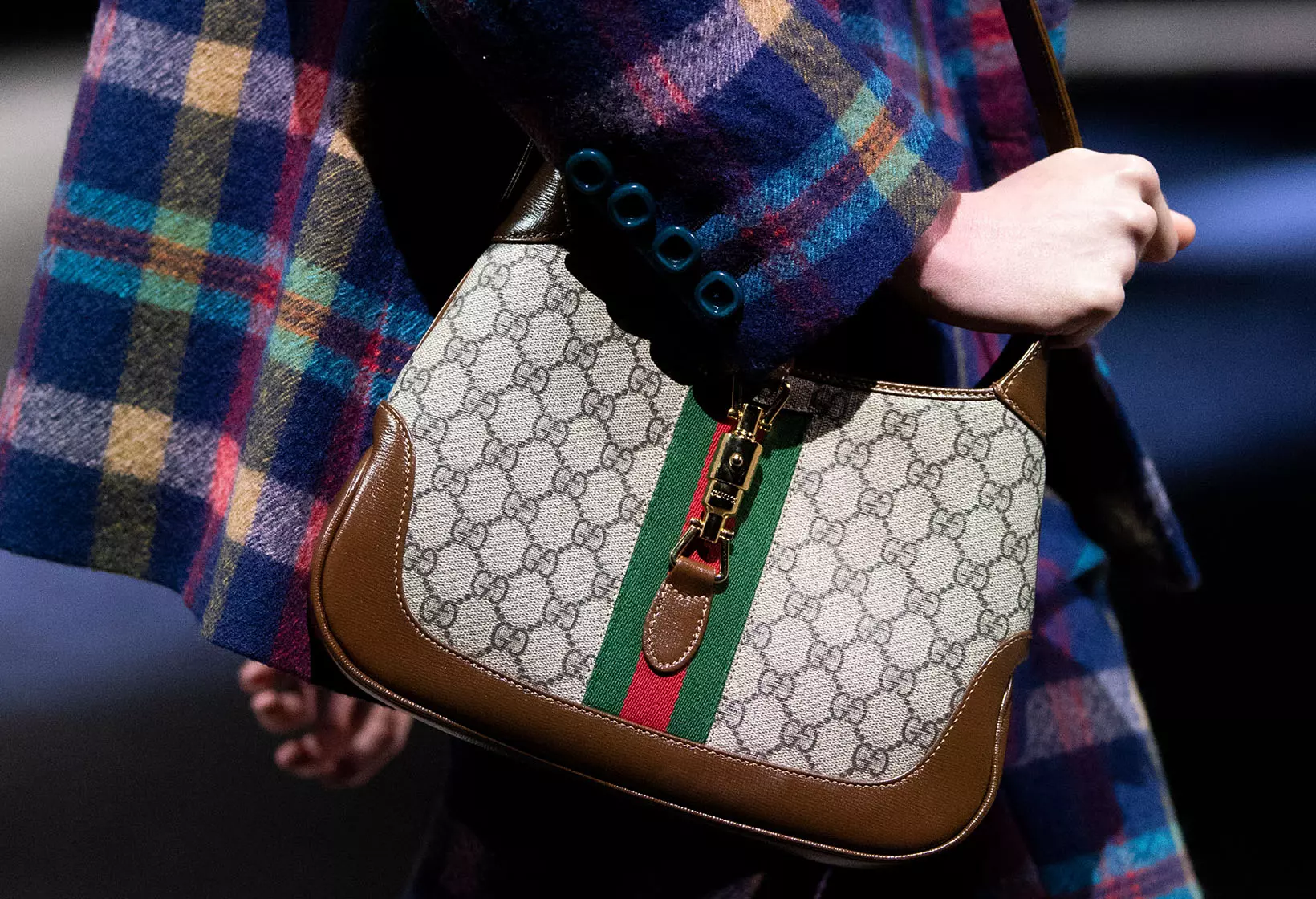Psychology of gift-giving & The art of gift giving
The quick take from the studies
- A common mistake amongst the givers of the gift is to assume value and price matter more than thoughtfulness and useability amongst the gift recipients
- Study shows that the givers of gifts often think that the initial appreciation is a factor that determines the satisfaction of the gift whilst the recipients often value longevity and remember their most useful gifts over time rather than the gifts that impressed at the moment of receiving.
- Telling the recipient of a gift why you choose a gift makes them appreciate it more since it shows them you have thought through your gift choice.
- Currency is often one of the more appreciated gifts since it can fulfill any needs that the recipient has.

Do expensive gifts mean better gifts?
A lot of gift-givers seem to be under the impression that a cheap gift will be judged and that a more expensive gift should be more accepted but in reality, the recipient of a gift seldom compares the costs of gifts but rather judges a gift on how thoughtful and what the idea behind it is. A cheaper gift will be just as appreciated as an expensive one as long as the cheap gift has some thought and effort behind it.
However, the study also finds that it’s often a safer bet to choose a more expensive gift if you have any doubts about what to give someone since we easily grasp if a gift is more expensive than another. (According to Kathleen Vhos PhD)
So to summarise this in simple terms it means that a non-expensive gift can be better than an expensive one if you have given it some thought and planning but a more expensive gift is better if you are unsure of what to get and don’t want to make the receiver disappointed.
One psychological factor to add to this is that the study by Gavi has shown that; if you know that one of your friends is going to give a gift for a value twice as high as yours then you are much more likely to “one up” their gift by giving the recipient something of similar or more value than what you know they will receive from their other friends. However, this does not matter nearly as much in the eyes of the receiver as it does from the perspective of the gift givers and usually, the winning gift is something that the receiver will find usable and match their interests.
The gift-giving moment vs the future of the gift
The study shows one thing for sure and that is that how much usage the receiver of the gift will get out of it is more important than the “wow” factor presented by an expensive or rare gift can give the recipient at the time. Gifts are therefore mostly judged on the use case and not on the price or rarity of the item. For example, a fancy necklace or jewelry is rarely remembered as a gift that the receiver might find useful. Gift recipients often instead remember the gifts that they have had a lot of uses from and do take this into consideration when they react to a gift that they receive.
Therefore putting yourself into the recipient’s shoes and understanding their needs is very important when giving a gift, and you should avoid giving them a “flashy” gift unless it’s specifically something that they have asked for. This leads us to the next topic of the study.

A surprise gift can be the best and worst gift
A gift that is wished for is always going to be a winner, what this means is that if you want to surprise someone with an extraordinary gift even though they have explicitly wished for something it’s often a bad idea to give them something else than what they have wished for. In their mind, they have described their needs and wishes and you have disregarded them and chosen a gift that does not align with what their needs are. In this case, a surprise gift is one of the worst things you can gift someone.
On the contrary, giving someone a gift of any kind when they do not expect a gift makes the gift one of the most appreciated gifts they can receive. The study shows that a random gift is most of the time interpreted as an extra act of appreciation and almost any gift is very well received when it is not expected.
Simply put; an unexpected gift at an unexpected occasion is almost always good, but an unexpected gift at an expected occasion is mostly bad. According to the study by Julian Givi and Jeff Galak.
The effort behind the gift
The effort behind a gift is one of the most important components according to the study. This means that even if a gift is cheap and maybe does not perfectly align with the wishes of the recipient it is often very appreciated if you explain your thought process when buying the gift and make the recipient understand that you have put some effort into your gift. Even if the gift is not exactly what they had wanted this makes them feel appreciated and cared for when they understand why you have bought them the gift.
The best course of action as a gift giver is to explain why you choose that gift in relation to the receiver and why you thought that they would like the gift, you should do this in a humble manner and not as a way of bragging or showing off but rather in a way to give some insight as to why the gift was given in the form that it was. This greatly increases the appreciation of the gift to the recipient according to Givi and Galak.
Another factor is special relationship gifts, an example of this is that you and your close friend might share a hobby or opinion about a certain matter and that a gift stemming from this relationship about the “inside” hobby and/or opinion will be more appreciated because of the added value provided by your relationship than a general one. This goes hand in hand with effort and a gift based on “inside” knowledge is often received well since it displays a closeness within the relationship.
The myth of currency gifts & gift cards
Many people think that giving someone gift cards or currency as a gift is taboo and should not be done nor will it be appreciated, but the study shows the opposite.
Instead of the recipient being disappointed that not enough effort has been put into the gift the recipient often values the fact that they can use the gift on whatever they like. The most valuable gift to a gift receiver is something of use, and currency is always of use and they can spend it on something to fulfill their needs.
The worst kind of gift here would be something like a gift card with a very narrow use case, for example, a theatre gift card instead of a gift card at amazon or something similar where they could buy anything to fill their needs. Currency is always appreciated and if it’s a case of buying the recipient a gift card the broader the use, the better.
Putting it all together into a perfect gift
So what is the perfect gift? Our conclusion is this:
A gift is in the eyes of the receiver often measured from a few factors, these are prioritized in the order that follows:
- Usefulness: A gift should fulfill the needs of the recipient and be useful to be appreciated the most.
- Effort/thought: A gift that has some kind of thought behind it that shows that the gift giver has tried their best. (it’s the thought that counts).
- Surprise: An unexpected gift occasion is one of the most appreciated gifts regardless of the actual gift. But an unexpected gift at an expected occasion is often not.
- Currency is always appreciated, because of its wide use case weighing more than the lack of effort.
Meanwhile, the gift giver often goes wrong because they value these factors instead of considering the recipient:
- Value: The giver wants to give a valuable gift to show that the recipient means a lot to them.
- Surprise/ “Wow” Factor: the gift giver often wants to “wow” the recipient by giving them surprising gifts, these are often not what the recipient wants.
- This is great! : The gift giver often mistakes their values for the recipient’s values and buys something they think they would appreciate instead of something aligning with the recipient’s wishes and needs.
Research source
Galak, Jeff, Julian Givi and Elanor F. Williams (2016), “Why Certain Gifts Are Great To Give But Not to Get: A Framework for Understanding Errors in Gift Giving,” Current Directions in Psychological Science, 25 (6), 380-385



